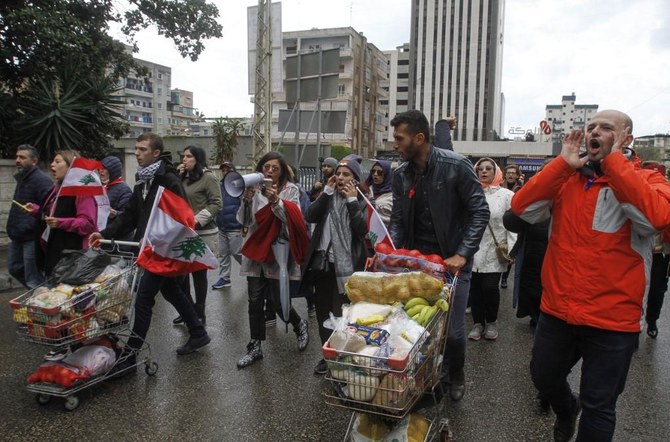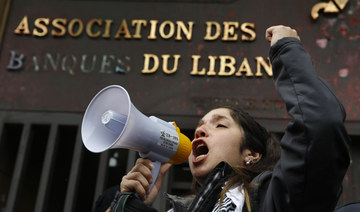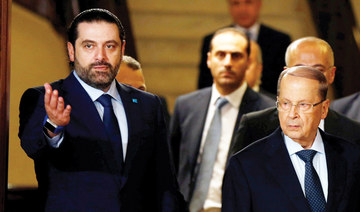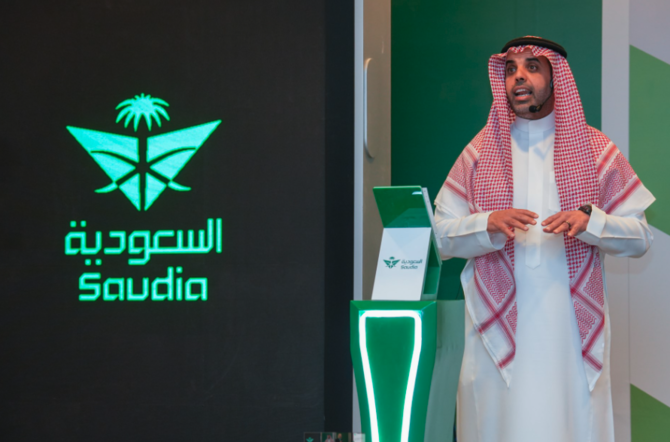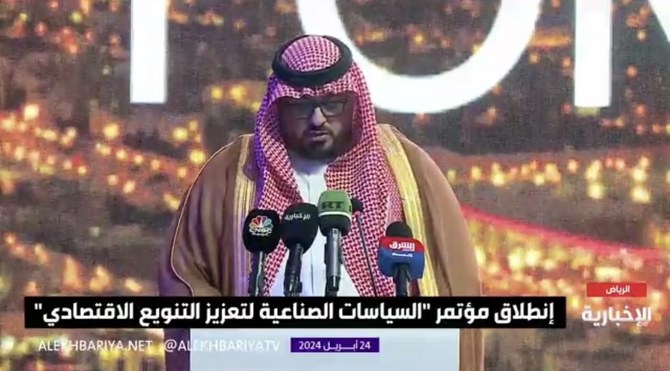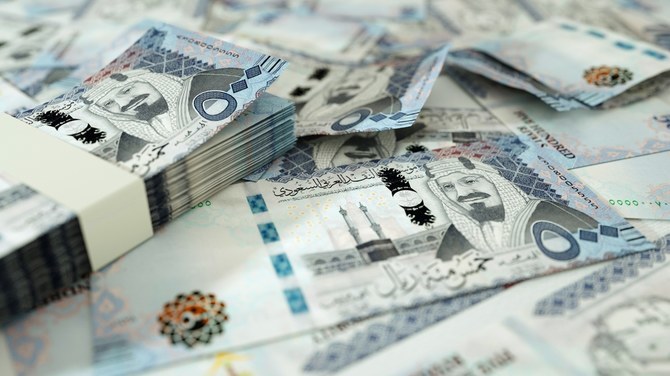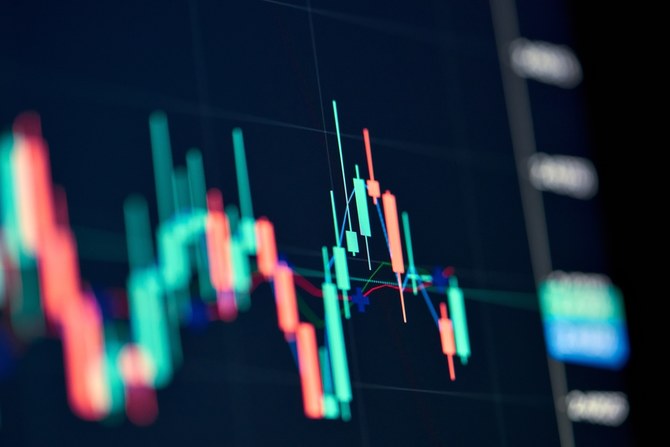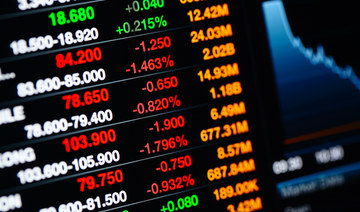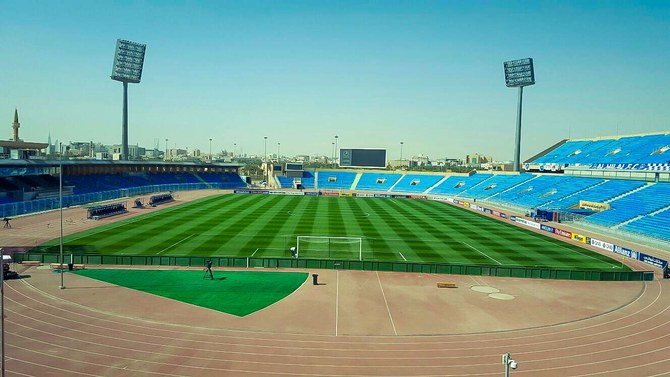SIDON, Lebanon: With volunteer kitchens, makeshift clinics and donation centers, Lebanon’s protesters are helping their compatriots survive the worst economic crisis since the civil war by offering services many can no longer afford.
“Our goal is to create a state of social solidary among all segments of society,” said Wael Kasab, a volunteer at an open-air kitchen in the southern city of Sidon.
Across the country, protest encampments are bustling with volunteers trying to fill in for an absent state and cash-strapped charities that have closed their doors or reduced their activities in recent months due to deteriorating economic conditions.
Their efforts come amid warnings by the World Bank of an impending recession that may see the proportion of people living in poverty climb from a third to half the population.
In Sidon’s main protest camp, volunteers scoop rice and stew onto plastic plates.
They register names of people in need of medical care to refer them to a clinic for free treatment.
Under a plastic tent, Zeinab Najem arranges clothes on a metal rack as a group of women peruse a collection of thick winter jackets.
Najem said she first started the donation center with only 10 items of clothing, but now her tent “looks like a store.”
“There are many people in need,” she told AFP.
A few meters away from Sidon’s protest camp, charity groups have set up a kitchen that serves free meals to around 100 people per day.
Sitting at a plastic table in the restaurant, Abu Ahmad eyes a tin tray filled with stuffed courgettes, salad and rice.
“I cannot afford to buy my own food,” said the 83-year-old. “I will be full today... but I’m scared of the coming days.”
Lebanon, rocked by two months of anti-government protests and a political deadlock, faces its worst economic crisis since the 1975-1990 civil war.
A liquidity crunch has pushed Lebanese banks to impose capital controls on US dollar accounts, capping withdrawals at around $1,000 a month.
As a result, the value of the Lebanese pound against the dollar has dropped by around 30 percent on the unofficial market, leading prices to rise.
The faltering economy has also pushed many companies into bankruptcy, while others have laid off staff and slashed salaries.
In the northern city of Tripoli, where more than 50 percent of the population lives in poverty, the effects of the crisis are stark.
The volunteer kitchen in the main protest camp there serves around 2,500 meals a day to long queues of hungry people flocking from all corners of the country’s second city.
Stores near the encampment are empty of clients, while shop owners sit idly outside.
To help small businesses survive the crisis, a group of volunteers collected around $4,500 (based on the official exchange rate) in donations.
They used the money to buy 130 food baskets consisting of rice, sugar, lentils, flour and oil, said Sara Al-Sharif, who started the project.
The food was purchased from around 30 stores in Tripoli’s poorest district to help boost business, she said.
Had it not been for that initiative, grocery store owner Damal Saqr, 50, said he would have closed shop.
“I was on the verge of closing down... because of inflation and the (de facto) devaluation of the Lebanese pound.”
He said that his daily earnings do not exceed $12, barely enough to cover the $500 he needs every month to cover rent for his home and store.
“I can’t afford to buy goods for the store anymore,” he said.
In Beirut’s main protest camp, volunteers dressed in neon-yellow vests pack the back of a truck with piles of donated food.
Near the main central bank building in the capital, cardboard boxes and rubbish bags filled with donations line the sidewalk.
Protesters there chant against the ruling class as they distribute clothes, blankets and mattresses to the needy.
“It is our national duty to mobilize and help each other,” said Sarah Assi, a volunteer.
“We have no other solution.”



